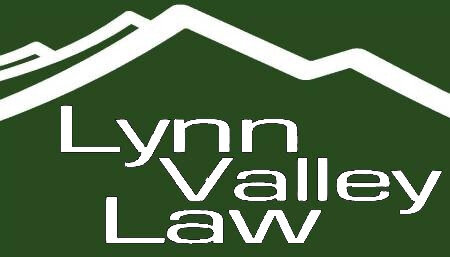Best Bad Faith Insurance Lawyers in North Vancouver
Share your needs with us, get contacted by law firms.
Free. Takes 2 min.
List of the best lawyers in North Vancouver, Canada
About Bad Faith Insurance Law in North Vancouver, Canada:
Bad Faith Insurance in North Vancouver, Canada refers to an implicit breach of an existing mutual agreement or policy between an insurance company and an insured party. The insurance company is obligated to act in good faith, treating their policyholders fairly and paying out warranted claims. When an insurer denies, underpays or unreasonably delays the settlement process, they could potentially be acting in "bad faith".
Why You May Need a Lawyer:
Engaging a lawyer can be crucial under certain circumstances. If your insurance company fails to uphold its obligations, such as unreasonable claims handling, denying a valid claim or not providing a proper explanation for denied claims you may need legal assistance. A lawyer with expertise in bad faith insurance can help protect your rights, challenge unjust decisions by the insurer, and perhaps even secure financial compensation for damages.
Local Laws Overview:
Under Canadian law, insurance companies must uphold the principle of 'utmost good faith', which requires them to act fairly, honestly, and without deception. Failing to do so can result in legal penalties. In British Columbia, the Insurance Act and the Financial Institutions Act regulate insurance conduct. It's also worth noting that the Unfair or Deceptive Acts or Practices (UDAP) regulations exist to protect consumers from bad faith insurance practices.
Frequently Asked Questions:
What constitutes bad faith in insurance?
Bad faith can be an unreasonable delay in claims settlement, denial of a payable claim, not conducting a proper investigation, or not providing a reasonable explanation for claim denial.
Can I sue my insurance company for bad faith?
Yes, if an insurance company fails to meet its obligations and acts in bad faith, you may have grounds for a lawsuit. You may be entitled to damages beyond the original claim amount.
What type of lawyer handles insurance bad faith cases?
Lawyers who specialize in insurance law and specifically bad faith insurance cases can handle such issues. They have a deep understanding of insurance contract law and practices of insurance companies.
How do I file a bad faith claim?
You will typically need the help of an experienced lawyer to initiate a bad faith claim. He/she will file a formal complaint on your behalf, including the incidents and evidences of bad faith.
How long do I have to file a bad faith claim?
The limitation period to file a claim for bad faith varies depending upon the circumstances of each case. It's best to consult a lawyer immediately after you suspect bad faith.
Additional Resources:
For additional resources, people can refer to several organizations that regulate insurers and help consumers. The Insurance Bureau of Canada provides useful information on the rights of insured parties. The Financial Consumer Agency of Canada provides guidance on insurance matters too. British Columbia's Insurance Council is another resource that sets standards for insurance agents, brokers, and adjusters.
Next Steps:
If you believe you're a victim of bad faith insurance practices, your first step should be to consult a reputable and experienced lawyer. They will guide you through the process, prepare requisite paperwork, and represent your interests in possible legal proceedings. Ensure you gather all relevant documents and correspondences with your insurer to help substantiate your claim.
Lawzana helps you find the best lawyers and law firms in North Vancouver through a curated and pre-screened list of qualified legal professionals. Our platform offers rankings and detailed profiles of attorneys and law firms, allowing you to compare based on practice areas, including Bad Faith Insurance, experience, and client feedback.
Each profile includes a description of the firm's areas of practice, client reviews, team members and partners, year of establishment, spoken languages, office locations, contact information, social media presence, and any published articles or resources. Most firms on our platform speak English and are experienced in both local and international legal matters.
Get a quote from top-rated law firms in North Vancouver, Canada — quickly, securely, and without unnecessary hassle.
Disclaimer:
The information provided on this page is for general informational purposes only and does not constitute legal advice. While we strive to ensure the accuracy and relevance of the content, legal information may change over time, and interpretations of the law can vary. You should always consult with a qualified legal professional for advice specific to your situation.
We disclaim all liability for actions taken or not taken based on the content of this page. If you believe any information is incorrect or outdated, please contact us, and we will review and update it where appropriate.










